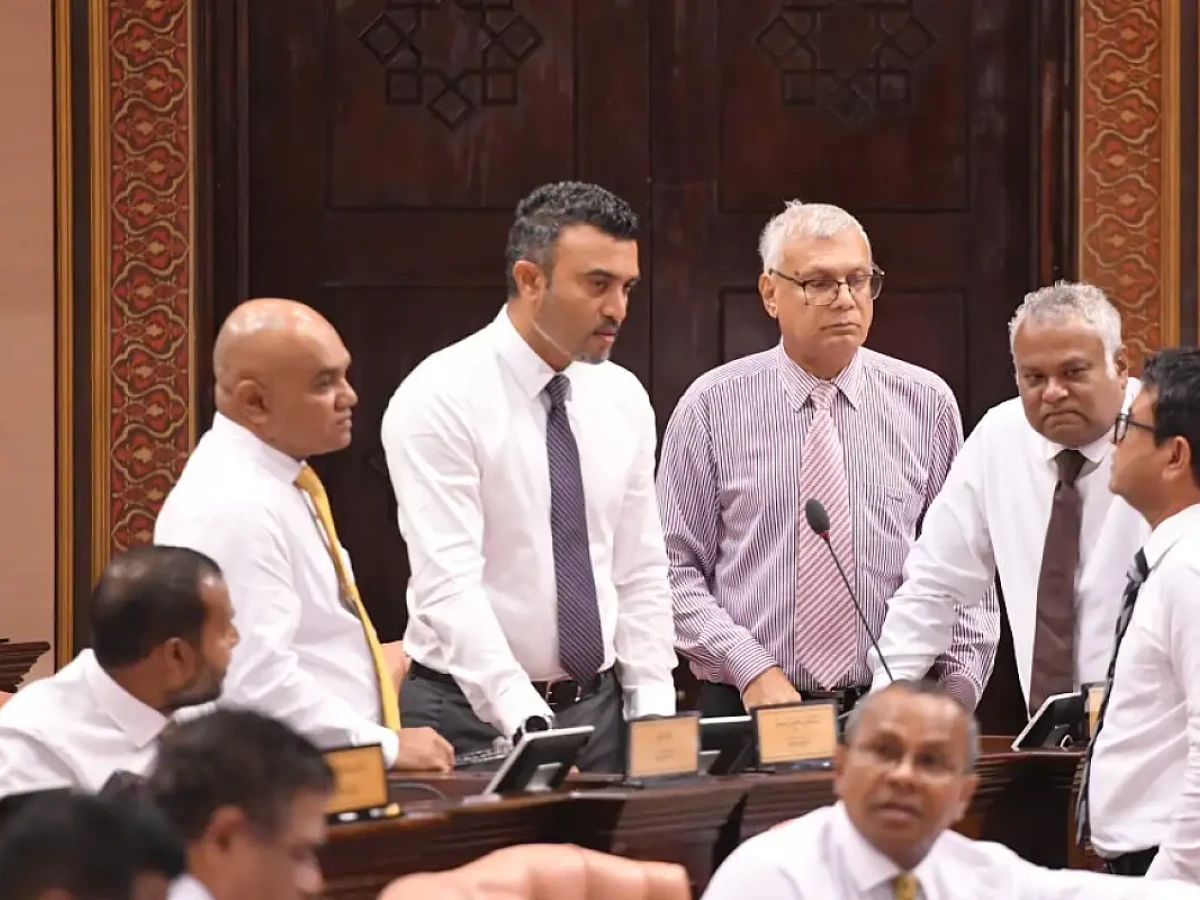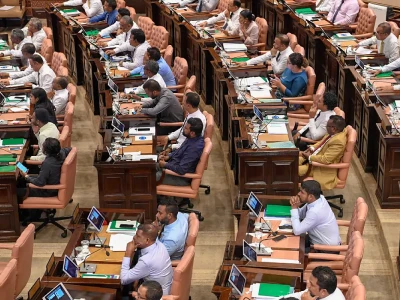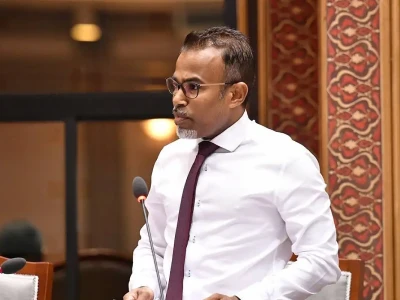
Anger justified; Not time to raise salaries
The decision to increase the salaries of MPs and political leaders has sparked public outrage.
By
Ahmed Naif
The Finance Committee of the Parliament met on Tuesday afternoon and decided to increase the salary of MPs to MVR 100,000 from next month. The next was to raise the salaries of the President, Vice-President and Ministers; raised about 20%.
Before the government could express any dissatisfaction, the people were the first to speak out against the decision of the MDP-controlled Finance Committee. Almost everyone who expressed their views described the members' decision as a very ‘ridiculous’ injustice. That it was decided for personal benefit without considering the financial situation of the country.
"These people, they don't care even if the country goes bankrupt... a bit too selfish," a member of the public commented on the news.
The public who took to social media with concerns questioned whether the members are working hard enough to deserve such a high salary. Many also described such a decision as not thinking about the situation of the people.
A commentator going by the name of Ali Mohammed complained that many of the members do not attend sessions regularly. According to him, members often work much more lightly and for less time than the average person would.
Members meet in parliament three days a week.
"A person working in the private sector, not civil servants, usually works six days a week. But they get zero to take home. MPs work too little and at their convenience, and despite all that they want more than the huge alaries they get now," Ali Mohammed wrote in X.
"So, you shouldn't take just MVR 200,000. You should take more than that”.
The public who expressed their views believe that the salaries and allowances currently received by the members are far greater than the work they do. So the current level is the best. The public is of the opinion that the state does not have to play with those salaries.
The complaint is that the income and salary of the common man is not good. Even if a framework is developed to increase their salaries, it is not implemented. The usual practice is to postpone it. The economic situation matters when it comes to the common man. But when it comes to MPs and politicians, they increase their salaries in a single day.
This injustice is not acceptable to the public.
"It is a matter of grave concern that the salaries of the president, vice-president, ministers and lawmakers are being implemented without starting to implement the pay structures that provide the remunerative salaries that are due to the underprivileged workers. By being unfair to the workers, politicians should not take this decision forward in their own interests and withdraw this decision," said Haisham Aboobakur, a biomedical engineer, member of the Maldives Health Professionals' Union.
The decision to increase the salaries of MPs and political leaders has sparked public outrage, with some expressing their views that MPs who supported the decision will no longer be given space.
A commentator by the name of Zunaira said any member who supported such unfair decisions would no longer get her vote. She said the attitude towards the majority party in parliament, the MDP, has changed.
"Don't do things like this and then ask for a vote. Big no," Zunaira said.
The budget approved by Parliament for next year includes MVR 500 million to increase salaries of employees. On Tuesday, the Finance Committee increased the salaries of members and political employees on the grounds that the amount had been approved in the budget.
However, committee member and The Democrats' Hulhudhoo MP Ilyas Labeeb said the budget had allocated MVR 500 million for the salary increase. The Pay Commission should study the proposals and consider the proposals. He noted that the study is not complete.
Therefore, it is not a good decision to make, he said.
"The Pay Commission is doing pay harmonisation studies. Then while we were doing that, we put our own salaries and that work was interrupted," he said.
Ilyas said another concern with the salary increase is that the government's recurrent expenditure is still not covered by revenue. Ilyas said the budget has already been passed to borrow MVR 17.8 billion for next year. However, he said that all the money is still not available.
"Every year we budget for this amount but we don't get it. Then if we don't get the money, how will we spend it? The debt will reach MVR 137 billion next year. So we can't spend more."
If wages are raised, the impact on commodity prices should also be considered, he said. Ilyas said the Middle East, the largest oil producer, is at war. Meanwhile, oil prices are likely to rise next year, he said.
"This year too, a supplementary budget has come because of the high fuel prices and the cost has gone up. Next year, the global economy is still not the same. So this is not the time for things like salary hikes. It is high time that we try to arrange the state's recurrence with revenue slashed costs," he said.
Ilyas believes that it is not the best way for members to determine their own salaries. He said it was not right for the committee to do it on its own without a proper study and the advice of the Pay Commission with such a short period of time before the end of the term.
"I advocated that it not be done that way. I even proposed to leave it to the new parliament," he said.




